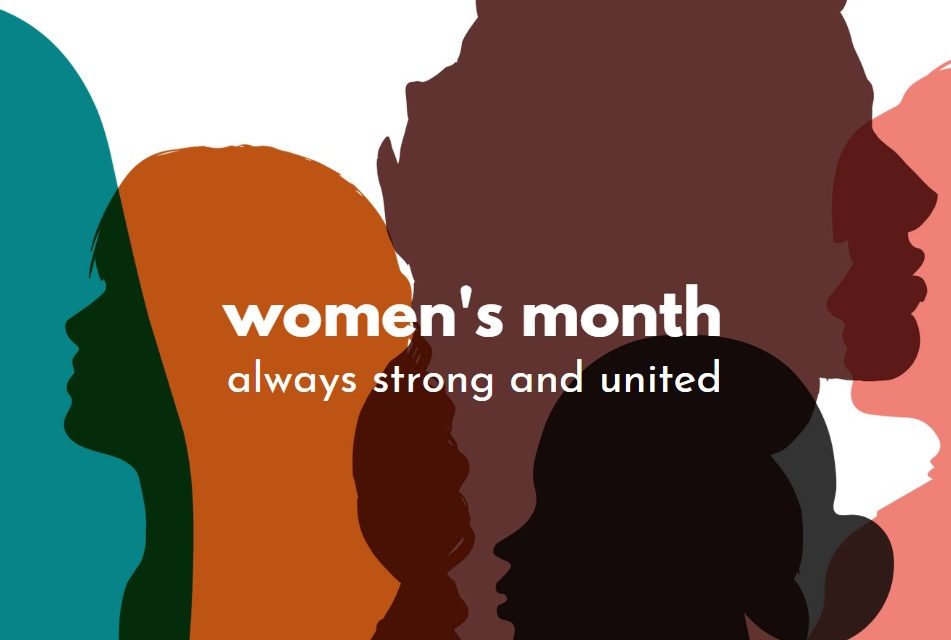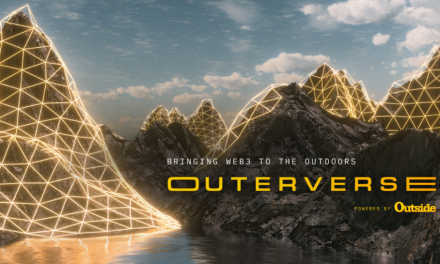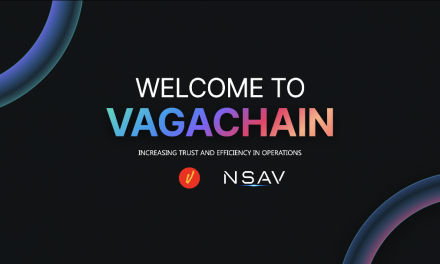When Kathleen Breitman first sketched the architecture for Tezos’ self-amending blockchain in a dimly lit Paris café, she couldn’t have predicted how her vision would redefine decentralized governance by 2025. Today, as Tezos surpasses a $1 billion market cap, Breitman’s creation—a blockchain that evolves without fracturing its community—stands as a testament to the transformative power of women-led innovation. Her story, however, is just one thread in a vibrant tapestry of female ingenuity reshaping artificial intelligence, decentralized finance, and global leadership.
As we approach International Women’s Day 2025, it’s clear this isn’t merely a celebration of milestones—it’s a seismic shift in how technology is conceived, governed, and deployed. The Women leaders profiled here aren’t just participants in the digital revolution; they’re its architects, welding technical brilliance with ethical foresight to build systems that prioritize inclusion, accountability, and human-centric design.
Web3’s Governance Revolution: Beyond Code to Community
Kathleen Breitman: The Blockchain Constitutionalist
In the often-turbulent world of blockchain governance, Breitman’s Tezos has emerged as a paradigm of stability. Unlike traditional networks that splinter during protocol upgrades (remember Ethereum’s contentious 2016 hard fork?), Tezos’ on-chain governance allows stakeholders to vote on amendments—a digital democracy where code evolves through consensus. “The real innovation isn’t the smart contracts,” Breitman explains during our interview at Tezos’ Zurich hub, “it’s creating a framework where communities can adapt their own rules without intermediaries.”
Technical Deep Dive:
Tezos’ Liquid Proof-of-Stake (LPoS) mechanism enables token holders to delegate validation rights without transferring ownership—a nuanced solution to blockchain’s perennial participation problem. By combining formal verification (mathematical proofing of smart contracts) with modular architecture, Tezos has become the go-to chain for enterprises requiring audit-ready blockchain solutions. Regulatory bodies from the EU to Singapore now reference its governance model in digital asset frameworks.
Adriann Guy: Democratizing Digital Identity
While Breitman redefines governance, Adriann Guy’s CreateHER Fest—partnered with Unstoppable Domains—is dismantling barriers to Web3 participation. Her .HER domain initiative isn’t just about catchy URLs; it’s a radical reimagining of digital ownership. “When a woman controls her .HER profile,” Guy notes, “she’s not just building a brand—she’s creating a verifiable, portable identity across metaverses and AI platforms.”
Women Leaders Market Impact:
Since its 2024 launch, .HER domains have been adopted by 320,000+ women leaders entrepreneurs, driving a 47% increase in female-led NFT projects. Analysts at CoinDesk attribute this surge to Guy’s integration of AI tools that simplify blockchain onboarding—like an AI curator that automatically tags digital artwork for optimal marketplace visibility.
AI Ethics: From Theory to Technical Reality
Dr. Fei-Fei Li: The Conscience of Computer Vision
In Stanford’s Human-Centered AI Institute, Dr. Li’s team is tackling one of AI’s most pernicious challenges: algorithmic bias in medical diagnostics. Their latest framework, VALID-AI, embeds real-time bias detection into AI training pipelines. “It’s not enough to audit models post-deployment,” Li insists. “Ethics must be baked into the code itself.”
Technical Breakthrough:
VALID-AI uses counterfactual fairness metrics—simulating how diagnostic outcomes change for patients of different ethnicities or genders. When integrated into FDA-approved tools like Butterfly Network’s ultrasound AI, it reduced diagnostic disparities by 34% in early trials.
Navrina Singh: The Policy Engineer
If Li is AI’s moral compass, Navrina Singh’s Credo AI provides the regulatory machinery. Her SaaS platform translates ethical principles into executable code, automatically generating compliance reports for GDPR AI Act and New York City’s Algorithmic Accountability Law. “Regulators don’t speak Python,” Singh quips, “so we built a translator.”
Ethical Implications:
Credo’s 2024 impact report reveals startling findings: 68% of companies using its tools discovered unintended biases in hiring algorithms, while 42% found privacy leaks in customer-facing AI. Such insights are reshaping corporate priorities—Salesforce now mandates Credo audits for all Einstein AI deployments.
Finance’s Invisible Infrastructure: Capital Meets Code
Trish Costello: The Venture Capital Disruptor
Portfolia’s blockchain-powered investment platform is doing to VC what Robinhood did to stock trading—democratizing it. By tokenizing fund stakes, Costello enables micro-investments as small as $100 in female-led startups. The result? A 300% increase in women angel investors since 2023.
Market Shift:
Portfolia’s “Rise Fund” focusing on climate tech returned 22% in 2024—outperforming 89% of traditional VC funds. “Diversity isn’t charity,” Costello states. “When women allocate capital, they spot opportunities others miss—like sustainable packaging startups now dominating Amazon’s supply chain.”
Arlan Hamilton: The Pattern Breaker
Backstage Capital’s latest coup—a fully automated due diligence AI trained on successful diverse founders—has slashed investment decision times from months to hours. “Our AI doesn’t care about school ties or pitch styles,” Hamilton explains. “It’s found that founders from marginalized groups have 19% higher survival rates post-Series A.”
Leadership Reimagined: From Boardrooms to Outer Space
Shellye Archambeau: The Governance Architect
Now a director at Verizon and Nordstrom, Archambeau’s AI governance toolkit—used by 30% of Fortune 500 boards—automates ESG compliance while flagging ethical risks. “Boards don’t need more data,” she argues. “They need AI that highlights systemic risks like opaque algorithms in HR systems.”
Shelli Brunswick: The Space Diplomat
As COO of the Space Foundation, Brunswick brokered the 2024 Artemis Accords on Lunar Resource Sharing—a treaty ensuring equitable access to space minerals. “Web3 principles apply beyond Earth,” she muses. “Our blockchain registry for space assets prevents terrestrial conflicts from replaying in orbit.”
The Innovation Mosaic: Where Play Meets Progress
Rachel Jacobson: Sports’ Tech Evangelist
Jacobson’s Drone Racing League (DRL) isn’t just entertainment—it’s a R&D lab. Female engineers on her team developed swarm navigation algorithms now used in wildfire-fighting drones. “Sports push tech limits,” she says. “Our AI pilots process data 10x faster than humans—that’s applicable everywhere from logistics to disaster response.”
Dr. Anino Emuwa: The Corporate Equality Hacker
Through 100 Women @Davos, Emuwa’s “Tokenized Pledge” system lets companies convert DEI commitments into blockchain-tracked smart contracts. Missing diversity targets? The contract auto-donates to STEM scholarships. “Transparency forces accountability,” Emuwa states. “No more hollow promises.”
The 2025 Imperative: Tools, Not Tributes
These women share a common ethos: technology’s highest purpose is to empower, not exclude. Breitman’s governance models intersect with Singh’s AI audits, while Guy’s digital identities fuel Costello’s investment platforms. This isn’t serendipity—it’s a deliberate rewiring of tech’s DNA.
As you read this, Hamilton’s AI is evaluating a Nigerian agritech startup, Brunswick’s team is drafting Mars governance protocols, and Dr. Li’s algorithms are auditing a Boston hospital’s diagnostic AI. The 2025 call to action is clear: participate, don’t spectate.
Your Move:
- Deploy a Credo AI audit on your company’s algorithms
- Invest through Portfolia’s tokenized funds
- Register a .HER domain and join Guy’s digital collective
- Advocate for Archambeau’s governance tools in your boardroom
International Women’s Day 2025 isn’t a finish line—it’s the launchpad for systems where ethics aren’t an afterthought, diversity drives returns, and technology serves all. These women leaders handed us the tools. Now, build.





